Jasmine Birtles
Your money-making expert. Financial journalist, TV and radio personality.

A holiday should be about relaxing and forgetting about the stresses of everyday life. But, there are people out there who want to rip you off and take your hard earned money. That’s why it is so important to be aware of potential holiday scams.
Nothing spoils that chilled-out mood more than when you’re ripped off, so we’ve put together 12 holiday rip-offs scams to look out for on your travels.
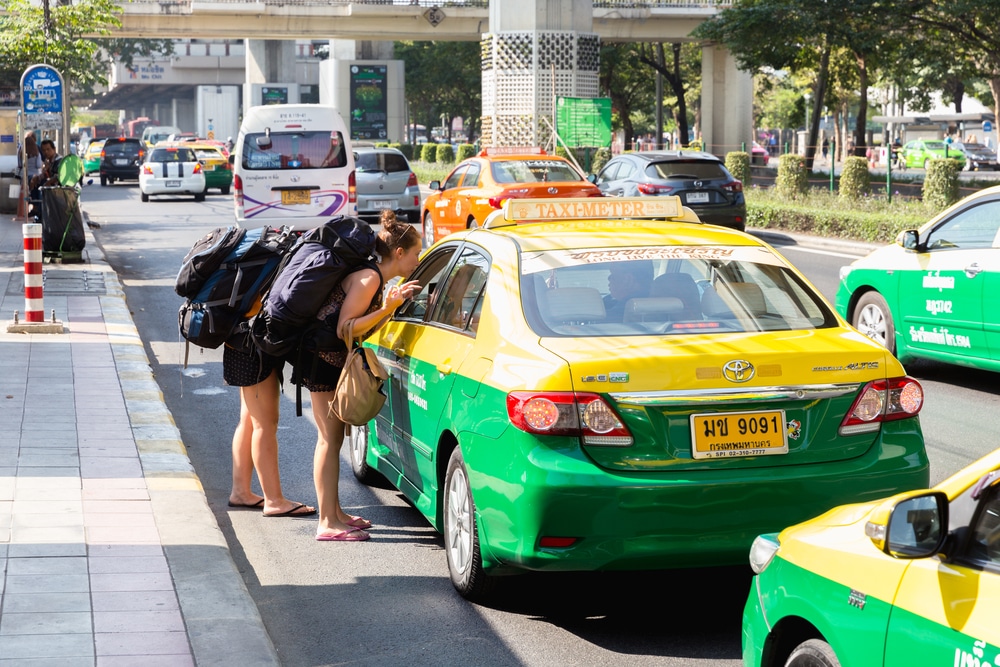
Taxis can be a cheap way of getting about when you’re on holiday. However you need to be careful that you don’t get taken for a ride in more ways than one: unnecessary detours, excessive prices and shady additional charges are the most common ways to raise the price for a taxi ride.
To avoid such rip-offs, settle the destination and a fixed price before departure. You should also ask the driver to show his licence and a taximeter. Prepare yourself for a journey by finding out the normal taxi prices of the region you’re travelling to.
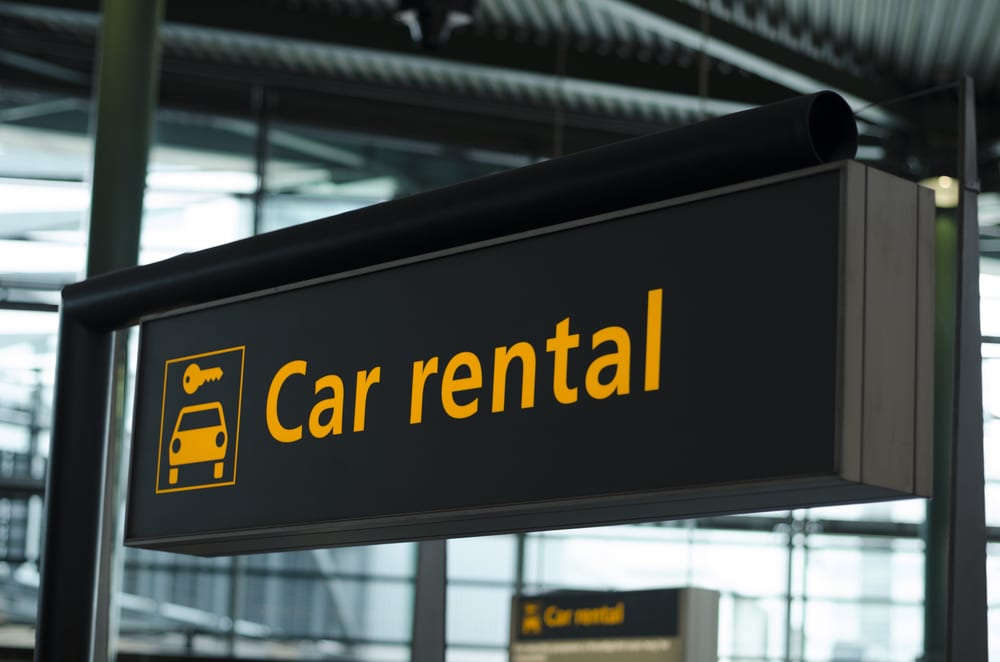
A rental car’s a decent alternative to taxi fares if you’ll be doing lots of moving around.
When renting a car, watch out for so-called ‘full-empty offers’. Here, you’re offered to rent a fully-fuelled car and return it with an empty tank.
Of course, what normally happens is that you don’t use the full amount of fuel and return their car with an half-empty tank, leaving you out of pocket and the rental company laughing all the way to the bank. Always choose to return the car with a full tank – that way you’re only paying for the fuel you use.
You should also thoroughly check the car before driving away. Ask for a document noting any damage (dents, scratches, broken locks etc) if it isn’t offered.
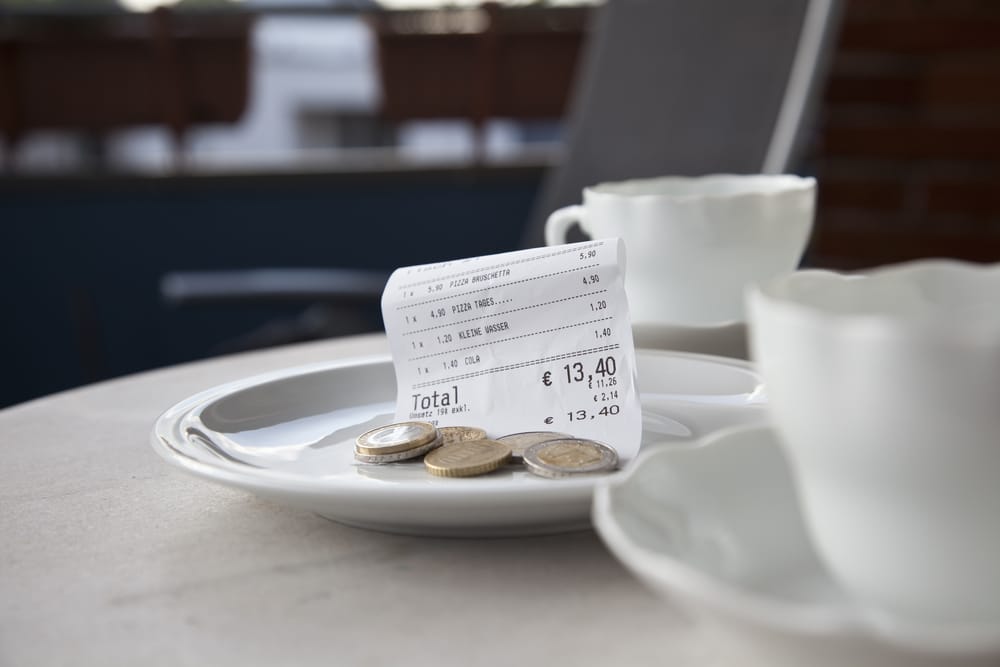
Restaurants and bars in tourist regions are very lively and busy places so in some situations you’ll have to ask the waiter or waitress for the bill. Cheekily, some take advantage of this and add a little extra money to your bill!
Therefore you should roughly estimate how much money you have to pay and, if possible, ask for a receipt so you can check.
It’s also advisable to research the ‘tip rules’ of the country you plan to travel to so you know how much you’re expected to leave as a gratuity.
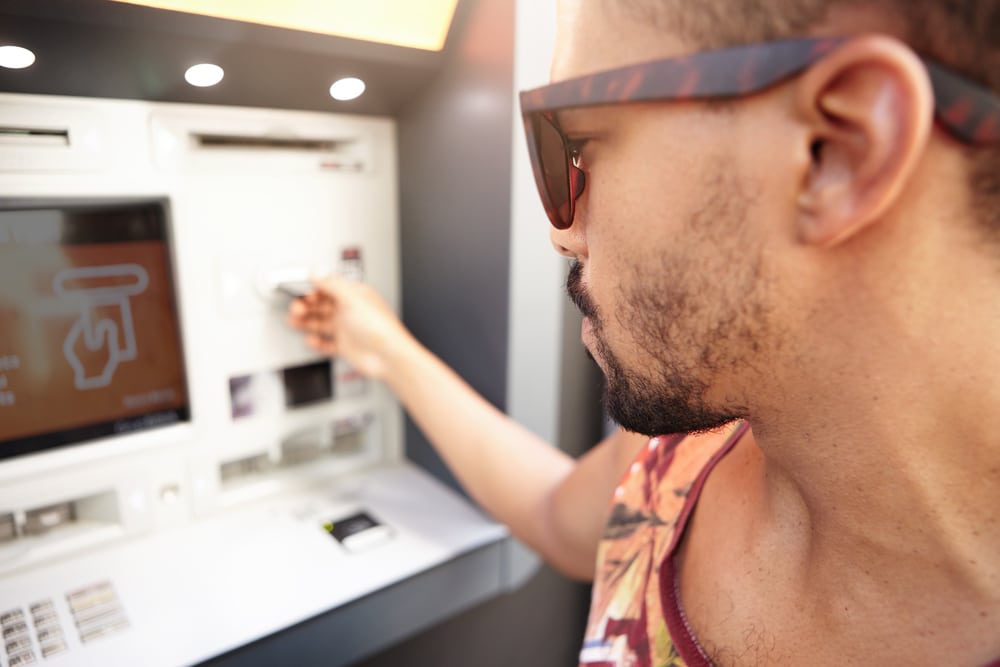
If you don’t want to get into trouble by paying with cash in foreign currency then you can easily pay by debit card. Watch out, though. Rigged card readers may spy on your data and fraudsters could go shopping at your expense. And NEVER leave your credit card unattended!
Some credit card companies offer a service notifying you of any transactions by text message. Ask for a receipt after every payment, check it and keep it.
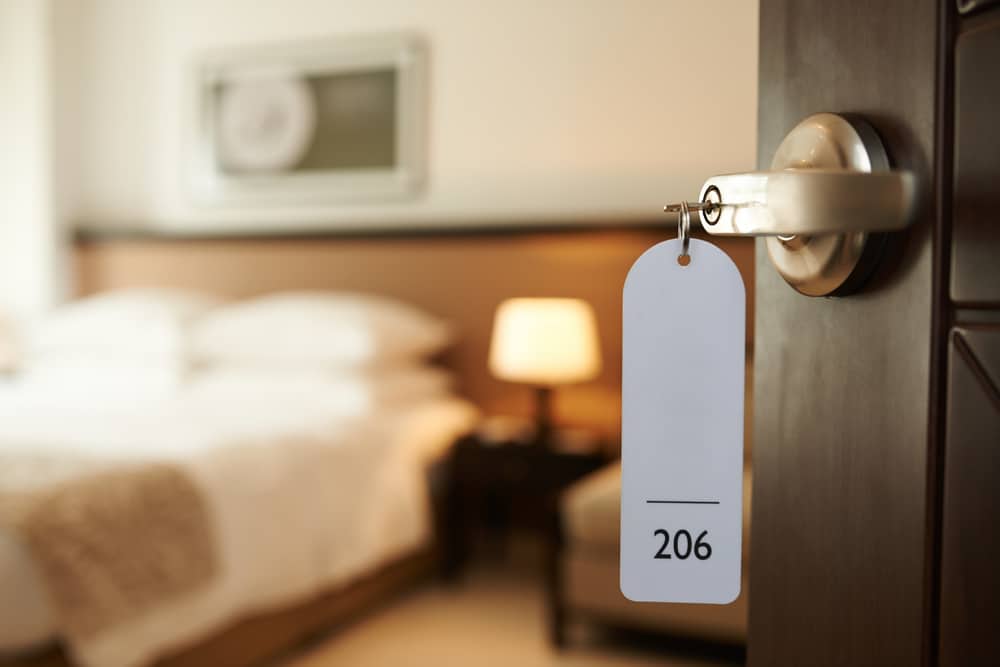
Never leave valuables in your hotel room lying around; always use a safe for storage. We recommend you take a photo of the things you put in the safe.
If you don’t have a safe in your room, ask the receptionist for a hotel safe and try to get a receipt of the valuables you put in there.

Being on holiday normally means a welcome break from the computer. But in case you need to use a PC urgently you may have to visit an internet cafe in your hotel. Be careful, because this can provide an opportunity for fraudsters to get your personal data.
Check that you’re using a secure connection, delete all temporarily saved files and data and never forget to log out. Before logging in, disable password storing and always avoid online banking at public computers.
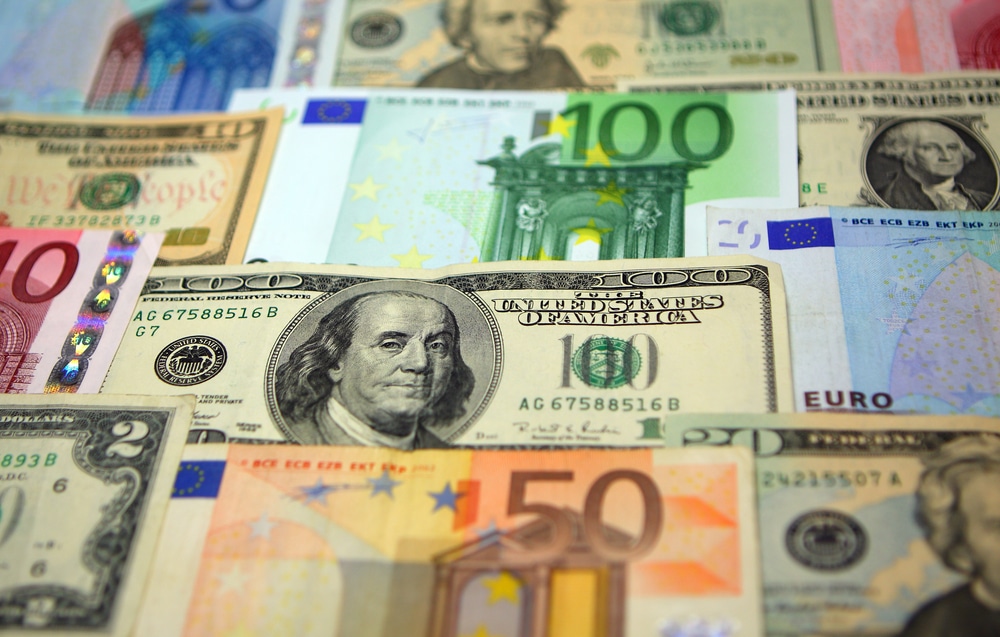
Always check your money carefully: often the size of the banknote doesn’t match with its actual value. Check your change while you’re at the counter as it’s too late once you’ve left the shop.
Bureaux de change, though offering attractive exchange rates, also charge horrible fees. Don’t go into exchange offices as they offer attractive exchange rates but make their money with extremely high extra charges. Take your time to find a reliable exchange office. Also, be wary of requests for change from locals – as a tourist you’ll stand out a mile and be vulnerable to potential con tricks.

After an extensive sightseeing tour you may be hungry and thirsty. However, some restaurants have sneaky ways to make a bit extra from you, so look out for well-hidden ‘information’ about cover charges on the menu.
Before ordering, check the menu and look for service surcharges. If you’re not happy, walk out.

Here’s a pickpocket scam to beware of. In tourist areas you might by approached by strangers asking you to buy souvenirs. After the transaction they then hug you, apparently to express their gratitude. But it’s really a cover to grab your purse or wallet. In any case, try to avoid such approaches, keep your distance and never leave valuables unattended!

If you’re visiting China you might want to watch out for this hoax exploiting the country’s tea heritage. Fraudsters approach you and offer to take you on a city tour, which ends at an allegedly historical tea house. Often these ‘tea houses’ are just decorated back rooms! After tasting some tea, you’re asked to pay hefty bills, often more than 100 euros for only a few cups. Our advice: don’t go anywhere with strangers!
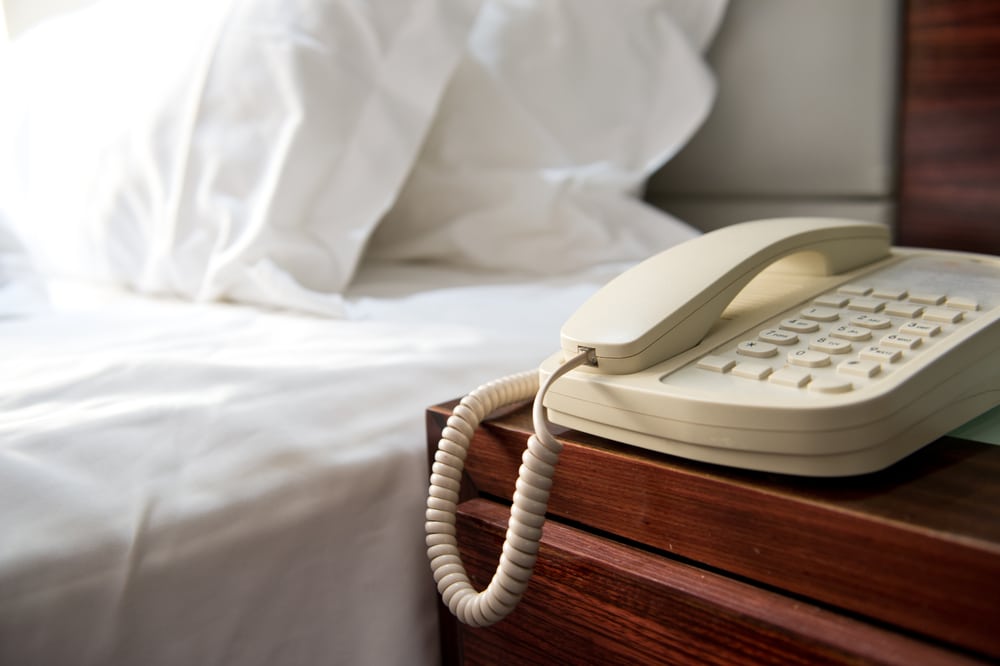
When you arrive at a hotel and check in you are usually required to leave your credit card for charges to your room.
The scam starts when you get a call from someone who appears to be a receptionist at the front desk. They’ll call you in your room and make up a plausible story that will go something like: “Our database has crashed and we need you to help us to reconfirm your credit card details.”
In quite a few cases the con artists have called up the hotel guests in the early hours of the morning to catch them off their guard and a bit confused – it’s more likely guests will hand over their details instead of going down to the front desk to sort any issues out.
People who have been victim to this type of hotel scam have said that it is very believable as the con artist sounds so professional. They’re very apologetic and polite, acting sorry for the inconveniences caused.
Most of the scam artists have managed to call up hotel guests because they’ve been able to break into the hotel’s phone system and contact guests directly. This happened at a Hilton hotel in Seattle and since the incident they’ve been able to readjust their phone system, preventing it from happening again. But there will still be ways for scam artists to contact you through the hotel so you must remember to be on your guard!

Even before you’ve gone on holiday you can fall prey to a holiday scam – the actual booking site.
A report by the City of London Police’s National Fraud Intelligence Bureau (NFIB) estimated that British holidaymakers were scammed out of £7m by fraudsters in 2015, with £2.2m of this being lost to fake online sites and reviews.
What they do is set up copy-cat websites offering all-inclusive services including flights, hotels, transfers and travel insurance,
These fraudulent sites look normal and they’re pretty easy to set up. As they use a credible domain name it’s even easier for them to sucker us in.
There’s also the issue of trusted established websites like TripAdvisor which can also be plagued by bogus reviews recommending fake holiday companies or websites.
Are you aware of any holiday scams? Share them in the comments below!


An informative article to help avoid the holiday rip offs.